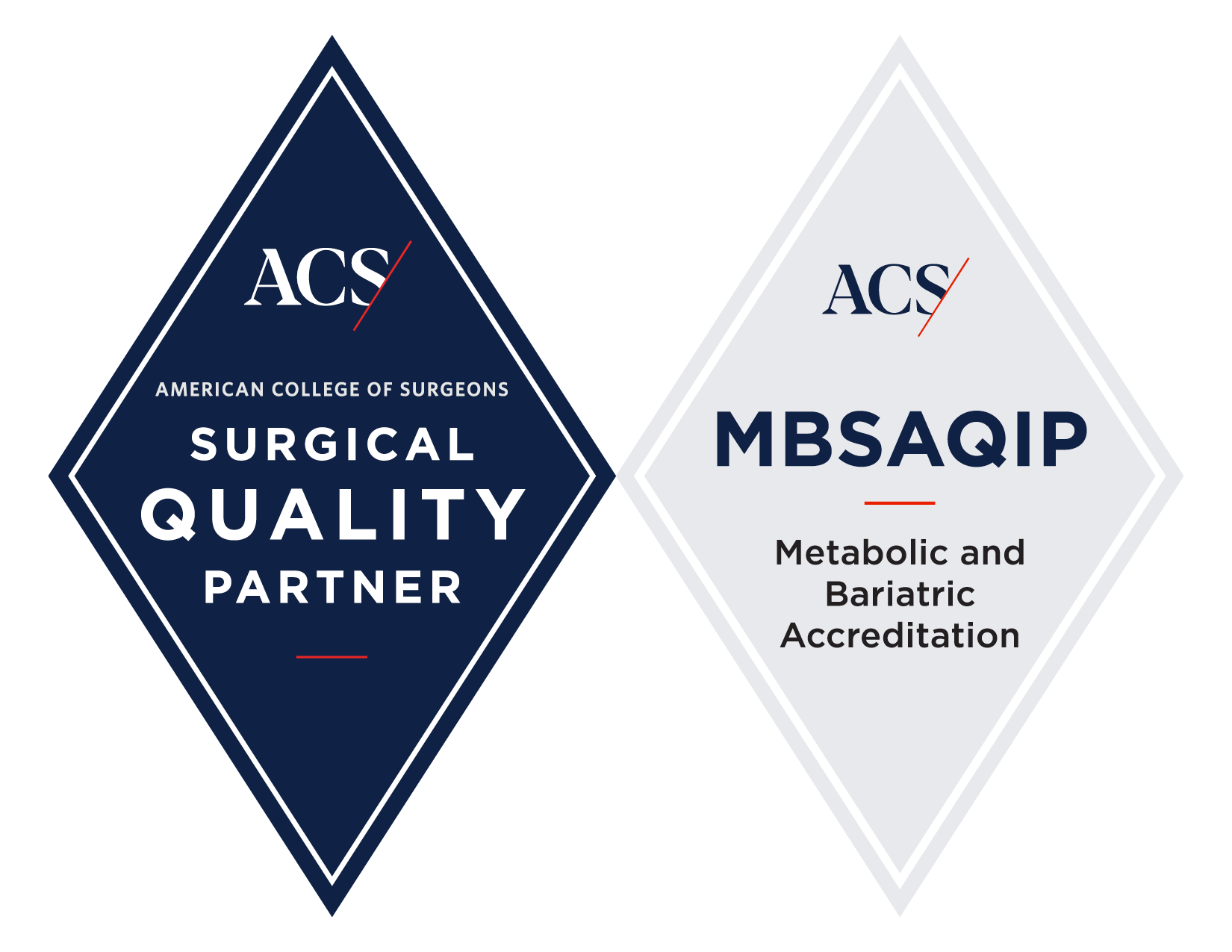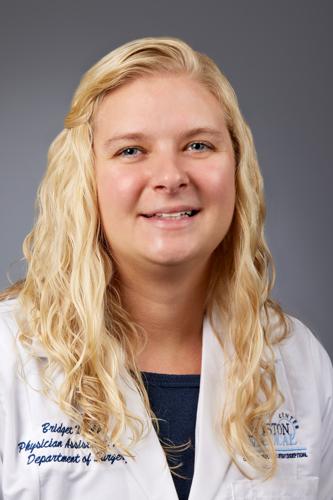Change Your Life With Boston Medical Center Weight Loss Surgery

If you or someone you know is living with obesity, you understand the struggles of countless weight loss programs that have failed, the exhaustion of small tasks, and the increased health risks due to weight.
At Boston Medical Center, our team understands these challenges and works with each patient to find the best treatment and surgical option. Our surgeons have performed thousands of successful surgeries and our Bariatric Surgery Program is recognized as an MBSAQIP Accredited Comprehensive Center.
Weight loss surgeries, such as gastric bypass surgeries, can help you lose weight and provide a great tool for managing your weight and weight-related health problems.
Make an appointment
To make an appointment or if you have any questions about weight loss surgery at Boston Medical Center, please call us at 617.414.8052.
Watch our informational video on obesity, the weight loss surgery procedures we offer, and how we can help you on your journey to lasting weight loss.
in Spanish
Contact Us
Monday-Friday - 8:00 AM - 4:30 PM
Treatments & Services
At Boston Medical Center, we offer two types of weight loss surgery: gastric bypass and gastric sleeve (vertical sleeve gastrectomy). These procedures, which are commonly performed laparoscopically, limit the amount of food you can eat and can achieve excellent weight loss. There are some important differences to consider when deciding which procedure is best for you and your surgeon.
Our Team
Boston Medical Center's Bariatric Surgery Program is recognized as a Center of Excellence by the American College of Surgeons. The team is made up of national leaders, who are experts in their fields and have performed more than a thousand surgeries.
Bariatric Surgeons
Donald T. Hess, MD

Brian J. Carmine, MD

Joshua D Davies, MD

Jacob Nudel, MD

Luise I. Pernar, MD, MHPE

Registered Dietitians
Wendy Anderson, MS, RDN, LDN
Senior Bariatric Surgery Dietitian
Wendy has been practicing as a bariatric dietitian since 1999. She has and continues to be the lead dietitian in several obesity-related research projects including the implementation of Boston Medical Center's surgical weight-management clinical database. She earned a Bachelor of Science degree in Nutrition Sciences at the University of Vermont and completed her Dietetic Internship and Master Degree at the University of Rhode Island. She has authored multiple publications in the field of obesity medicine which have been published in peer-reviewed journals. She has presented topics on bariatric surgery at obesity conferences including Obesity Week and the Boston Nutrition Obesity Research Center (BONRC). Prior to her current position as Senior Bariatric Surgery Dietitian, she was the dietitian for the obesity program at Jewish Memorial Hospital located in Boston, MA. She is a member of the Weight Management Practice Group affiliated with the Academy of Nutrition and Dietetics. Wendy's special interests include obesity research, bariatric surgery, weight management, integrative medicine, and mindful eating practices.
Lesley Levitt, MS, RDN, LDN
Bariatric Surgery Dietitian
Lesley completed her dietetic education at Simmons College along with a Master of Science in Applied Nutrition from Northeastern University. Following her academic work, she completed a clinical internship at Mount Auburn Hospital, where she trained in their Surgical Weight Loss Program. Lesley comes from a background in nutrition research focused on obesity and weight management. Prior to coming to Boston Medical Center, she was involved in weight loss research studies at both Tufts University in the Energy Metabolism lab, and Boston Children's Hospital in the New Balance Foundation Obesity Prevention Center.
Patient Resources
Weight Loss Surgery Patient Information
Frequently Asked Questions
Minimally Invasive Weight Loss Surgery
Obesity and Your Health
Obesity results from the excessive accumulation of fat that exceeds the body's skeletal and physical standards. According to the National Institutes of Health (NIH), an increase in 20 percent or more above your ideal body weight is the point at which excess weight becomes a health risk.




